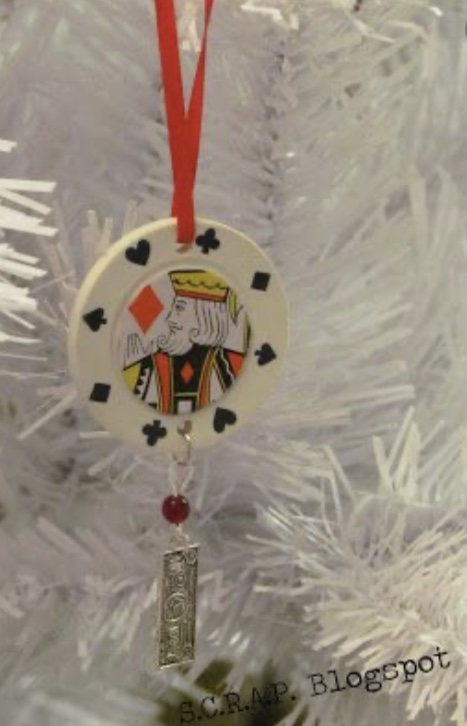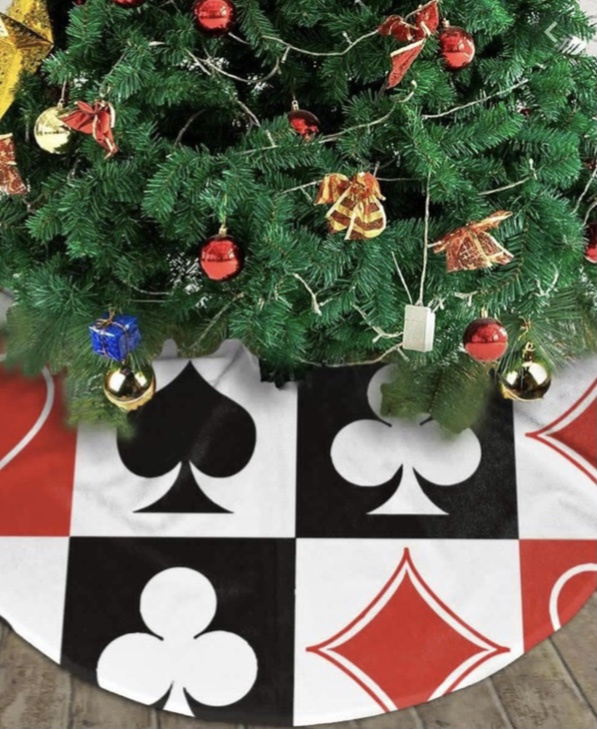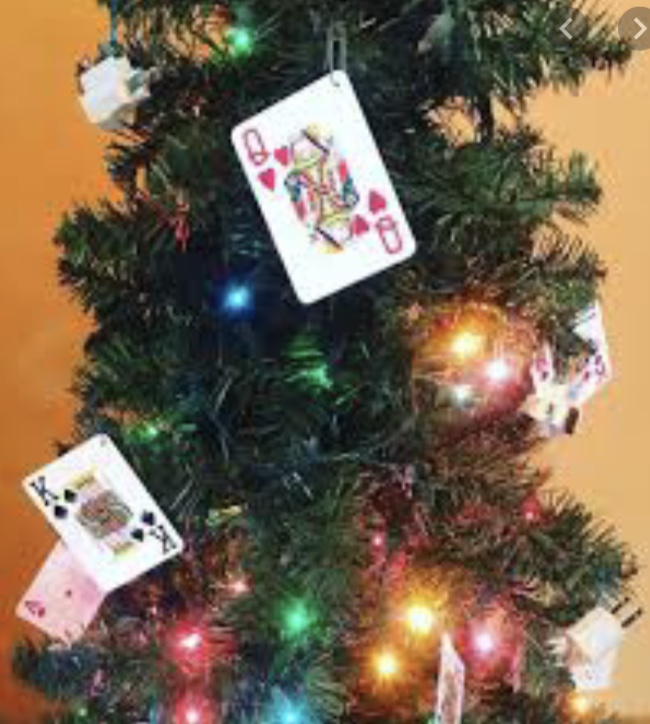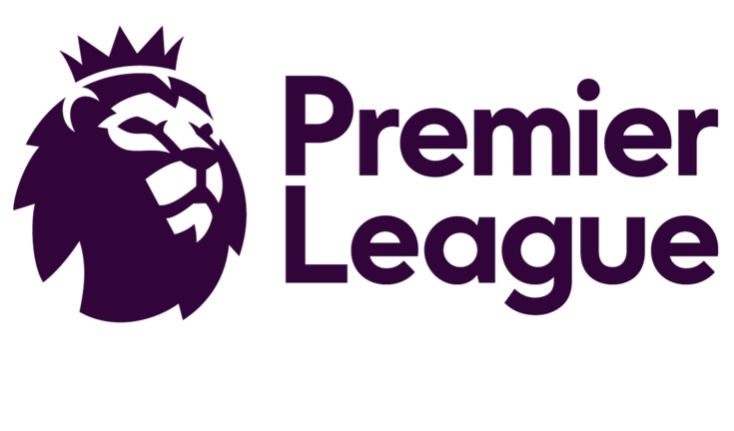To bluff or not to bluff? Part II
Not that I can remember it well too much, but earlier this month I believe I wrote a post about bluffing, but this time I’d like to tighten the focus around this ‘greatest of skills’ that marks the great players from the good players...if done well and correctly. I was discussing about someone earlier that you can lose your memory when you’re multi-tasking. Perhaps that is the excuse as I’ve been doing a lot of that recently!
According to Doug Polk, he says in his video on bluffing that you should usually bet more frequently in earlier streets rather than on the later streets where it is less likely that you’re opponents will fold if they are still holding a good hand. That being said, on the micro stakes tables I usually bet all three streets if I think my opponent is chasing a draw and there’s a blank on the river, or if there is any chance that my opponents will fold. I don’t do this all the time, but I do do it whenever I think I can win the pot, unless it’s against a strong player who is in it to win it of course. Your own Poker experience is then what comes in to play here.
BLUFFING IN POKER IS LIFE!
In Polk’s video on upswingpoker.com, the outspoken professional poker player, who has been taking on Daniel Negreanu in a huge heads up battle recently, says he thinks bluffing is life. “Without bluffs, you can’t win pots unless you have hands. And the tough thing in poker is making hands.” “You can’t simply make decisions based on when you have good hands, otherwise you’ll get run over by your opponents.”
How much bluffing should you be doing? According to Polk, “the earlier the street, the more bluffing you should be doing.”
Other pointers he makes:
- Think about what pot odds you are giving your opponent on the river. If the pot is $100 and you bet the full pot you are giving you’re opponent 2:1 odds to call. So you will need to bluff one out of three times to make a profit and be indifferent whether you’re opponent calls or not.
- Think about what hands you could bluff with, depending on the texture of the board. “For example,” says Polk, “if there is a flop of QJ2, ask yourself what hands on the turn that arrive would you bluff with? Are you making out you’re on a straight draw or hold top pair?”
Also, it is sometimes a good idea to check the flop, and then check raise the turn as you are turning pot odds in your favor by doing so, granted your opponent doesn’t hold a monster hand! I think I mentioned this point in a blog post a while ago; this pointer might need re-visiting...
Easy to forget all these rules isn’t it??
Overall, vary up your play by mixing in these bluffs. Polk concludes by saying; “Don’t be afraid to lose a stack by bluffing because if you want to become a great player you can’t be scared of that. Put you’re opponent in tough spots.” He’s won millions of dollars playing poker, so I think he knows what he’s talking about!
MY QUICK CONCLUSION:
Remember, if you make your opponent fold a better hand, when he or she shouldn’t; it’s a coup! And very good for you. You can’t be a highly successful poker player without bluffing. Period.
QUICK PREMIER LEAGUE PREDICTION FOR TONIGHT;
Burley v Wolves U2.5 goals
Chelsea v West Ham both teams to score
£5 @ 3:1 (possible return £15)






playing cards like Christmas toys on the tree))